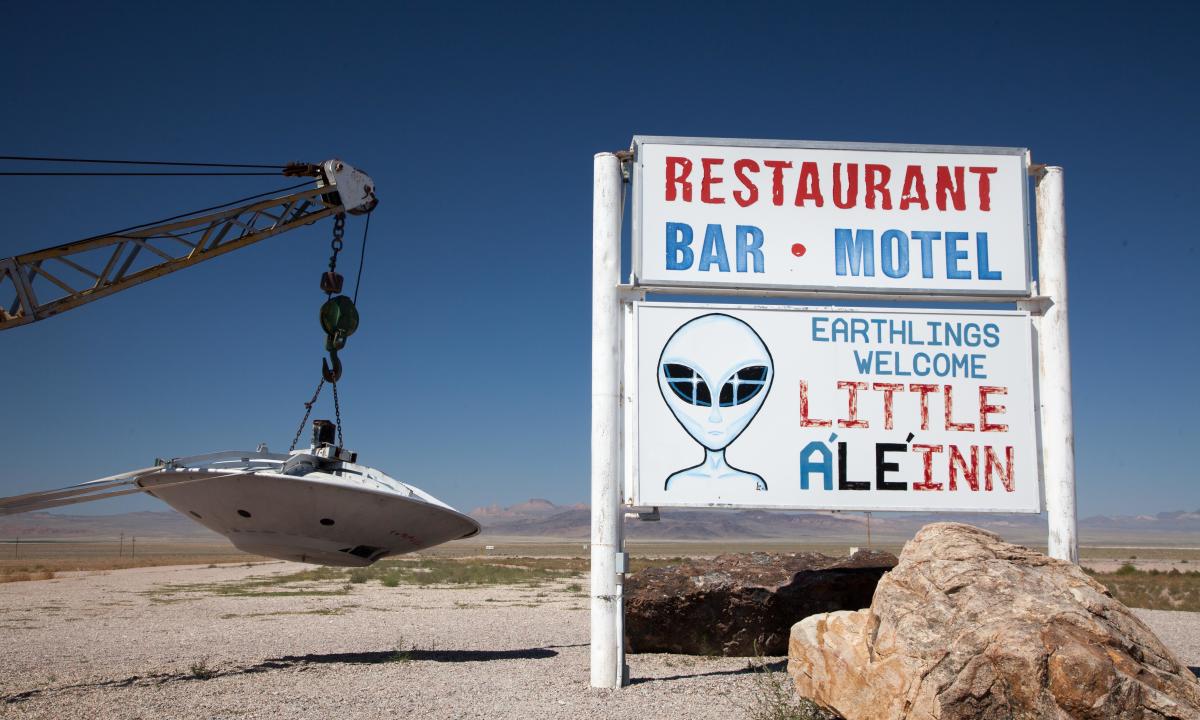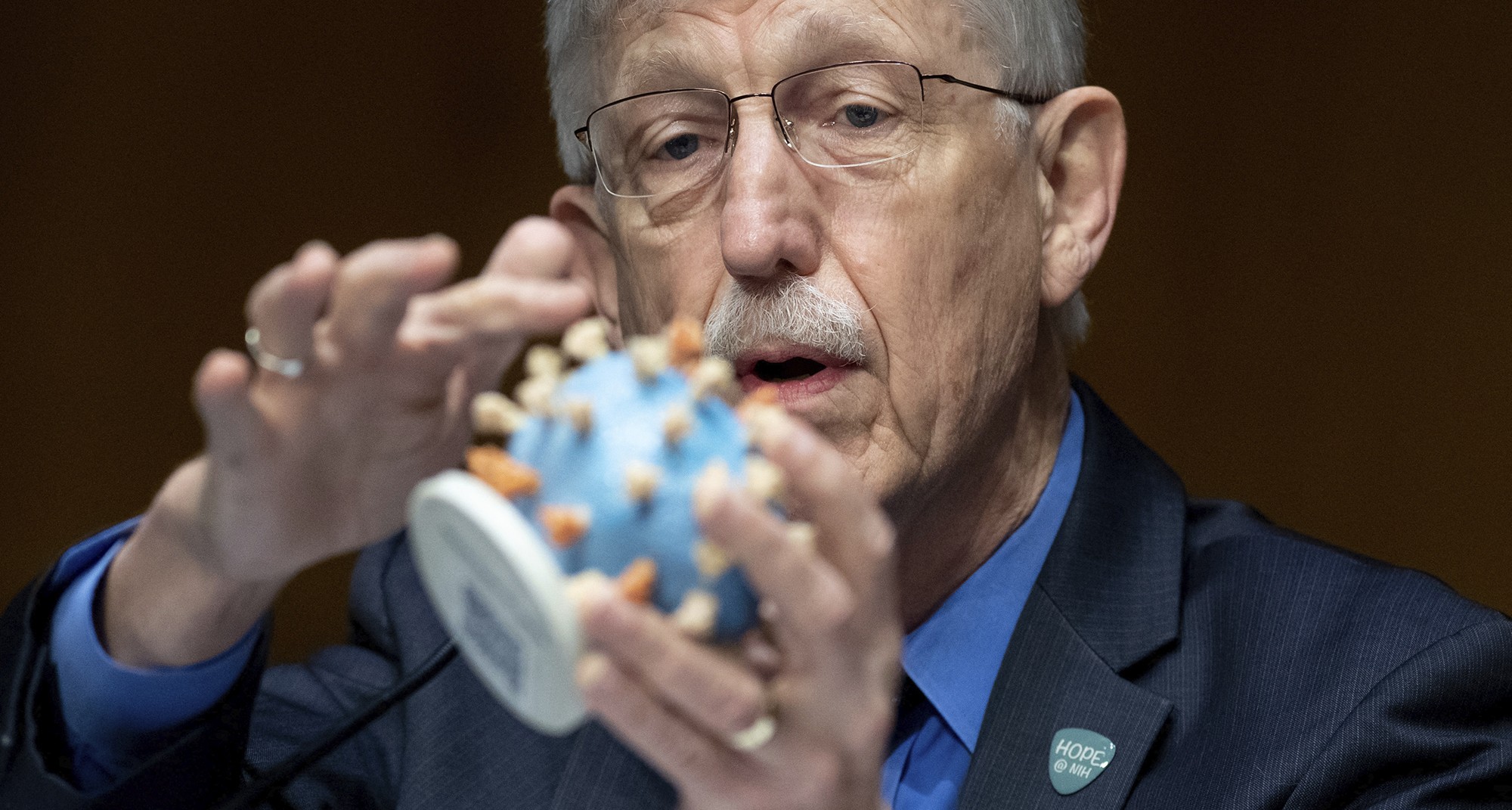As Christians we should not and cannot say things like,
"I think the antchrist is this person or that person" as though the Bible has not given us more than enough clues as to who he/they are. The subject of the antichrist is very important because he/they persecute and oppress God's people until Jesus comes back the second time for them. The Bible tells us,
"For precept must be upon precept, precept upon precept, Line upon line, line upon line, Here a little, there a little” (
Isaiah 28:10) and
"These things we also speak, not in words which man’s wisdom teaches but which the Holy Spirit teaches, comparing spiritual things with spiritual" (
1 Corinthians 2:13). Sound doctrine should not be built on what we think or on one verse of scripture. We have to compare scripture with scripture and as we compare the verses of the Bible together we will see brilliant, facets of light emanating from the mind of God. When we study the Bible on any subject we should ask ourselves where the subject is written of in other places of God's Word and where similar language is used.
Who is the “man of sin” in 2 Thessalonians 2:3-8?
2 Thessalonians 2:3-8 says,
"Let no one deceive you by any means; for that Day will not come unless the falling away comes first, and the man of sin is revealed, the son of perdition, who opposes and exalts himself above all that is called God or that is worshiped, so that he sits as God in the temple of God, showing himself that he is God. Do you not remember that when I was still with you I told you these things? And now you know what is restraining, that he may be revealed in his own time. For the mystery of lawlessness is already at work; only He who now restrains will do so until He is taken out of the way. And then the lawless one will be revealed, whom the Lord will consume with the breath of His mouth and destroy with the brightness of His coming."
2 Thessalonians 2:3-8 is so dense that it raises questions for which it is difficult to provide answers. However, when we compare it to the biblical passages that provide its foundation, elements of the prophecy appear to be clear. We will examine the main passages from which the apocalyptic imagery is taken, then we will examine possible implications of these textual connections.
Daniel and the Antichrist. Paul uses similar language to that of the book of Daniel. According to Daniel, out of the 10 horns of the fourth beast (Rome) comes a little horn speaking against God and attempting
“to change times and law" (
Daniel 7:25). This same power
“exalted himself as high as the Prince of the host” and launched an attack against the heavenly sanctuary (
Daniel 8:11, 13), profaning it. The
“lawless one” (
2 Thessalonians 2:8) is characterized by pride and lawlessness and is opposed to the temple of God. Daniel adds that this power will exalt himself above every god and will not respect
“the God of his fathers” or
“any god” (
Daniel 11:37). The parallels with
2 Thessalonians 2:4 are impressive. Daniel describes a power that was to rise after the fall and division of the Roman Empire and represented apostate Christianity.
Isaiah, Ezekiel, and the Fallen Cherub. Paul indicates that the
“lawless one,” “sits as God in the temple of God, showing himself that he is God” (
2 Thessalonians 2:4). Ezekiel uses the same imagery and language when writing about the fall of a cherub in heaven. This heavenly being was
“on the holy mountain of God” (
Ezekiel 28:14), but his fundamental problem was pride:
“ ‘I am a god, I sit in the seat of gods’ . . . Though you set your heart as the heart of a god” (
verse 2). Isaiah also refers to this fallen cherub. It was his plan to
“ascend into heaven” to place his
“throne above the stars of God” and
“to sit on the mount of the congregation” on God’s temple (
Isaiah 14:12-13). He even said,
“I will be like the Most High” (
verse 14). The information from Ezekiel and Isaiah is summarized by Paul in
2 Thessalonians 2:4. Ezekiel and Isaiah tell us that behind God’s earthly enemies there is a spiritual power, working out his intentions to oppose God. Throughout human history Satan uses human institutions to accomplish his intentions, but his goal is to accomplish them by himself, in his own person. This is precisely what Paul describes in his apocalyptic passage.
Earthly and Spiritual Antichrist. By combining prophecies from these prophets, Paul describes the coming of a future
earthly power who acts in opposition to God and the future coming and work of the
fallen heavenly cherub. In
2 Thessalonians 2:3-8 Paul predicts the work, revelation, and final destruction of both. The historical expression of the antichrist through the apostasy that came into the Christian church will reach universal dimensions at the end of time, when the antichrist personally will attempt to occupy God’s place on this planet. He couldn’t do it in God’s heavenly temple but will attempt to do it here on earth. In fact, the antichrist will imitate the coming of Christ. Paul describes the Second Coming as
“His [Christ’s]
coming” (
verse 8), and the revelation of the
“lawless one” as
“the coming of the lawless one” (
verse 9). Notice also that the verb
“to be revealed” is used to describe the coming of both—Jesus in
2 Thessalonians 1:7; and the lawless one in
2 Thessalonians 2:3, 6, 8. At the end, there will be a false, satanic
“coming/revelation” and the true one.
Paul is describing the work of the antichrist through a historical and religious institution, and through his own personal
“coming.” In this case the
“lawless one” is the historical manifestation of the antichrist as well as the personal
“coming” of the real antichrist, whom
“the Lord will consume with the breath of His mouth and destroy with the brightness of His coming” (
verse 8, cf.
Isaiah 14:4).
The man of sin/the antichrist is the papacy. It is an organisation with the pope as its head. It has also been around a long time, at it persecuted God's people in the middle ages (its a well-known fact, and the papacy admits doing so) and will do so again just before Jesus comes back the second time for His people. Its the papacy that changed times and law (
Daniel 7:25) by changing the day of worship and the ten commandments. It blasphemed/blasphemes God by claiming to forgive sins and claiming to be God. Paul says that
"man of sin" opposes God and tried to steal the position of God on Earth. He, instead of God, sits in the temple of God,
“showing himself that he is God.” This is the antichrist, the one in the place of the true Christ.












